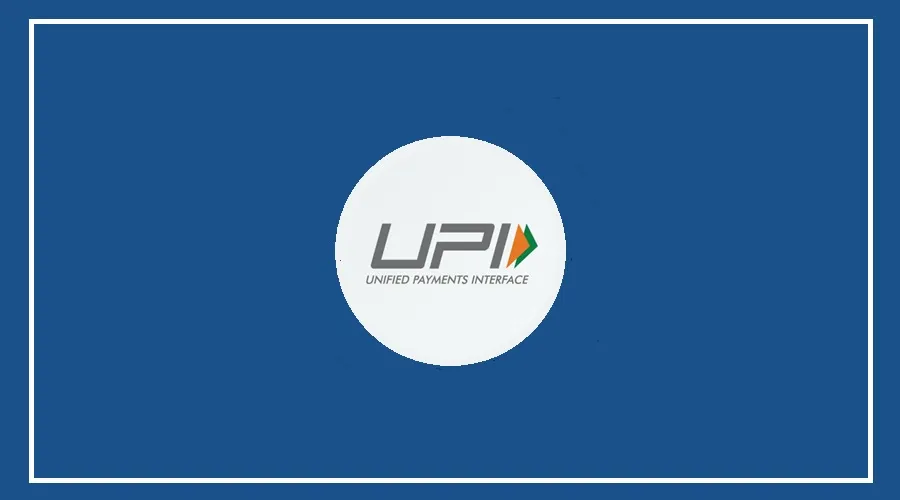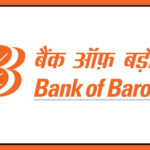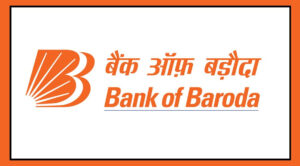NPCI Rule on UPI: If you use UPI, you probably make payments 2 to 4 times a day. From buying vegetables to sending money to friends, UPI has become a part of daily life. But trouble starts when you accidentally send money to the wrong UPI ID.
Now, there’s good news—there’s no need to worry anymore. To make such cases easier to handle, the National Payments Corporation of India (NPCI) has introduced a new rule.
Banks can now take quick action on genuine UPI complaints—like fraud, failed transactions, or merchant disputes—without needing permission from NPCI.
According to NPCI circular number 184B/2025-2026, banks can directly start chargeback procedures for valid customer complaints made in “good faith.”
Even if a bank’s previous refund requests were rejected, it can now handle new complaints without NPCI’s prior approval. This means banks now have more control to resolve certain rejected payment issues quickly.
What Was the Previous Issue?
Earlier, if a bank’s chargeback request was rejected multiple times for a specific UPI ID or account, NPCI’s system would block any further requests, marking it as a “negative chargeback rate” (reason codes CD1/CD2).
Banks that believed the case was genuine had to manually request NPCI to “whitelist” the complaint. This extra step delayed refunds for customers.
What Has NPCI Changed Now?
NPCI has launched a new system called RGNB (Remitting Bank Raising Good Faith Negative Chargeback).
With this, banks can remove automatic blocks if they find, after their own checks, that the complaint is valid.
“NPCI has simplified the process by allowing banks to raise chargebacks previously rejected under the negative chargeback rule,” NPCI said. This new rule will come into effect from July 15, 2025.
NPCI Warning: Don’t Misuse the New Rule
NPCI has also warned that this RGNB process should only be used when the chargeback was denied under reason codes CD1 or CD2.
It can only be done through the official platform. NPCI added, “This option must not be used to avoid paying penalties or compensation. Any misuse will be considered a violation of NPCI guidelines.”
When Can RGNB Be Used?
RGNB applies to common UPI refund issues, such as:
Unauthorized transactions (like money sent from your account without permission)
Failed transactions (money is debited but not received by the other party)
Merchant complaints (you paid, but the product or service wasn’t delivered)
Duplicate or mistaken payments (you sent the same payment twice or to the wrong ID)
To give context, in 2025, UPI handled over 11.4 billion transactions every month. Even if a small percentage face issues, it impacts millions of users.
This new rule will bring faster relief to people affected by wrong or fraudulent UPI transactions.

























